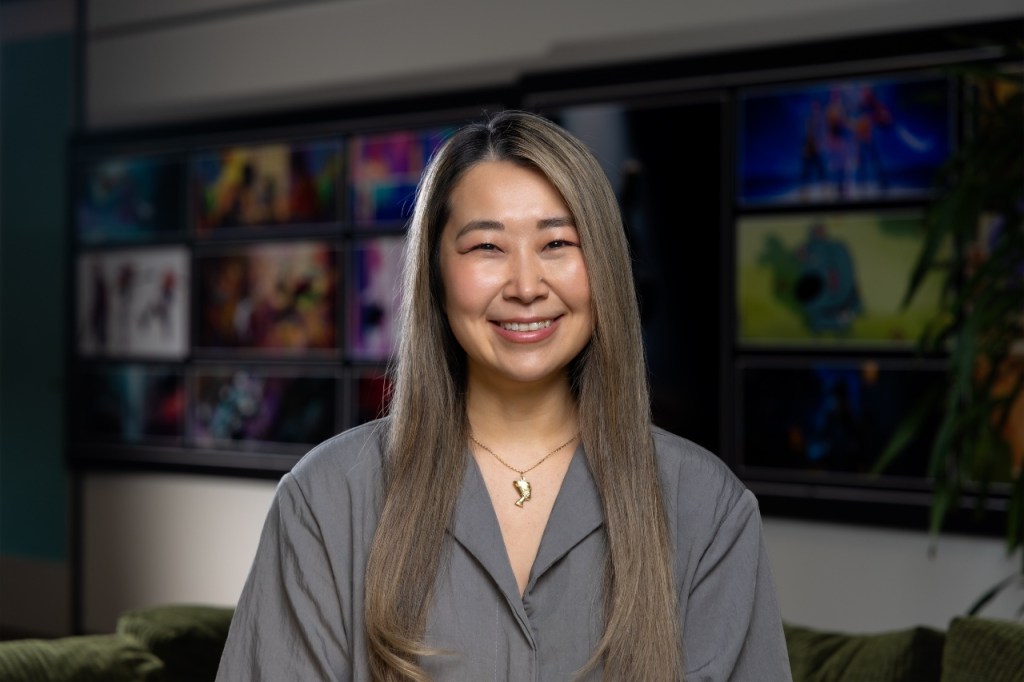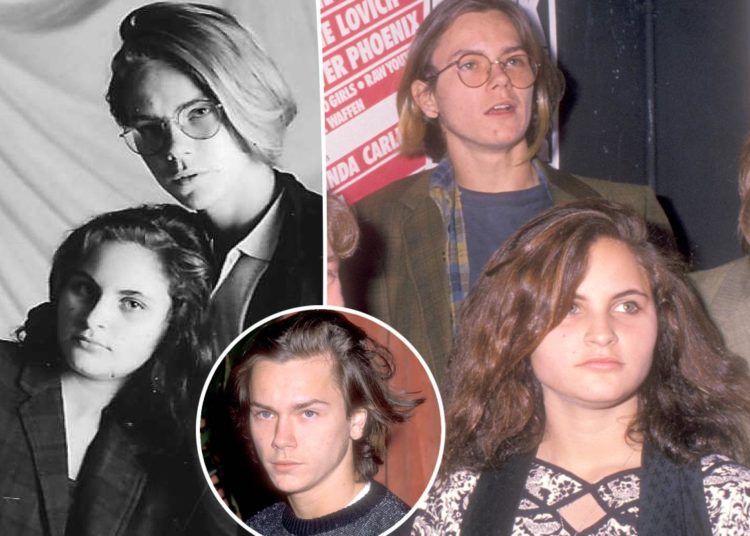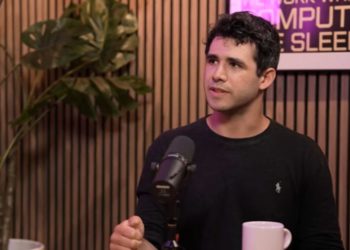Maggie Kang, creator and co-director of Netflix animated hit KPop Demon Hunters, shared her creative process and the in-depth research that went into making the film during the Netflix Creative Asia event at Busan International Film Festival today.
Kang, who was born in Seoul and moved to Toronto as a child, said that after 12 years of working in Hollywood animation, she wanted to direct something that represented Korean culture, and the country’s demonology was the first thing that came to mind.
“So the idea of demons naturally led to demon hunters, a group of really incredible women who fight demons; but the idea needed something else, so I started to think about other Korean things, and K-pop was added in,” Kang explained. “And that really changed everything. The movie instantly became larger in scale, it became a musical, and just more of a spectacle.
“You know that when you go to a Kpop concert and everybody’s singing along, there’s just this really great energy that is able to cross cultural barriers,” Kang continued. “So as a huge Kpop fan, I wanted to celebrate that feeling in the film. And I really think that Kpop became this huge selling point for the movie.”
Kang also explained how “mudang” – Korean shamans – have been using music to ward off evil for hundreds of years, so it was a natural step that the lady hunters would use music to fight off the demons. But as the movie is set in modern-day Seoul it made sense for the demon hunters to be Kpop stars – although she joked that she didn’t talk about shamanism when Sony Pictures Animation first boarded the film.
Although all these cultural touchpoints were important for her, Kang said she is most proud of making the main characters Korean women – something that she’s never seen before in feature animation: “And as if that wasn’t groundbreaking enough, I saw an opportunity with our female characters to show a different kind of female superhero that I felt like I wasn’t seeing – messy and silly and funny, women who eat a lot and are just real and have struggles and flaws.
“But through friendship and understanding and defeating their inner demons – and the actual demons – and also inspiring others in the process, they are able to come out on top and somehow more complete.”
Noting that it was these universal themes – as well as the Kpop angle – that has helped the movie travel, Kang explained that she also wanted to make it as authentic to Korea as possible. So in 2002 during the development process, she travelled with her co-director Chris Appelhans and several heads of department to multiple locations in Korea to visit historic monuments, folk villages, and the modern cityscapes of Seoul.
She also got her hands on some authentic historical Korean weapons: “There’s something about holding something and experiencing it firsthand that just helps you represent it a little better.” Naturally, the crew also consumed a large amount of Korean food and drink, all for the purposes of research, of course.
The production turned to Korean talent for the dance choreography and music. Choreographers for the dances segments included Jo Nain from Jam Republic, who choreographed Golden, and Lee Jung, who worked on Soda Pop. Veteran Kpop artists working on the music included Ian Eisendrath, Germany’s Lindgren, the team at Black Label and Jenna Andrews and Stephen Kirk – revealing how international the Kpop industry has become.
Produced by Sony Animation for Netflix, Kpop Demon Hunters has become the streamer’s most watched original title ever, while the North America theatrical release of a singalong version grossed around $18M in just one weekend. The song Golden from the soundtrack has topped the US Billboard and UK charts for several weeks.
As previously reported, Kang also said she had hopes for a sequel but couldn’t share further details. She also mentioned a short film is in the works, although it is being created within a training program, so is not led creatively by her and Appelhans.
Netflix Creator Day also included sessions with Taiwanese director Leste Chen whose drama series The Resurrected is screening in Busan’s On Screen section; as well as Korean producer Yongsu Lee (Can This Love Be Translated?); Chartchai ‘Nat’ Ketnust, CEO of Thai post-production studio White Light, which works regularly with Netflix; and Japanese intimacy coordinator Momoko Nishiyama.
The post ‘KPop Demon Hunters’ Creator Maggie Kang Shares Her Creative Process: “I Wanted To Show A Different Kind Of Female Superhero” appeared first on Deadline.




